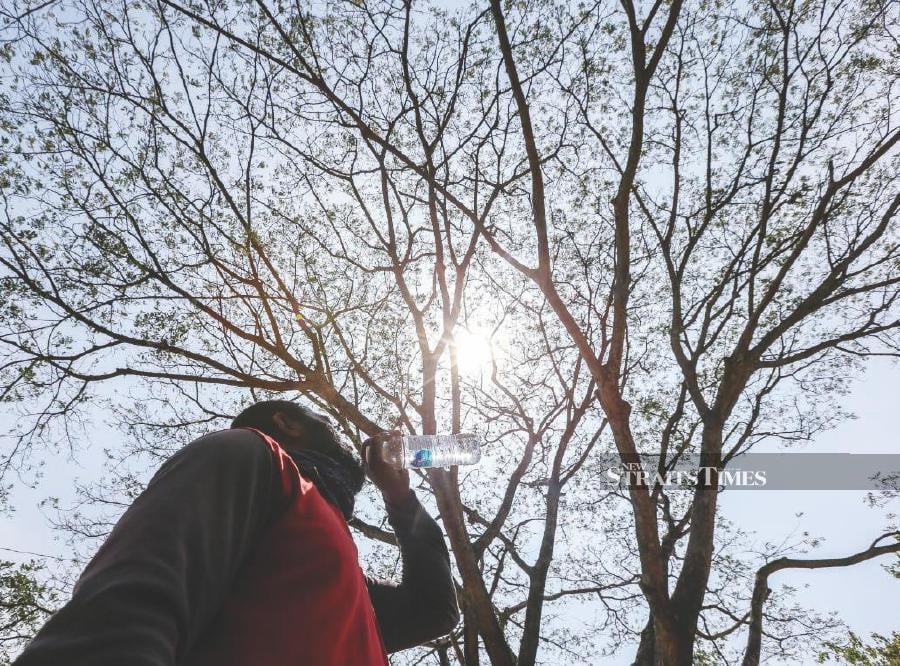LETTERS: From 1980 to 2020, there were eight risks for Malaysia when it came to the weather: floods, mass movement, landslides, wildfires, storms, droughts, earthquakes and miscellaneous accidents.
This is according to the Climate Change Knowledge Portal.
Thus, Malaysian employers must prioritise disaster preparedness and resilience-building measures to safeguard the safety and wellbeing of their employees and minimise the impact of adverse weather conditions.
Moreover, our urban centres are facing a growing concern: deteriorating air quality attributed to industrial emissions, vehicular exhaust and other anthropogenic sources.
As a result, the air urban residents breathe is becoming increasingly polluted.
The consequences of poor air quality extend far beyond physical discomfort.
Workers exposed to polluted indoor air are at heightened risk of respiratory illnesses, including asthma, bronchitis and chronic obstructive pulmonary disease.
By investing in air filtration systems, promoting sustainable transportation alternatives and advocating for stricter emissions regulations, employers can create healthier, more sustainable workplaces that prioritise the wellbeing of their employees and contribute to the improvement of urban air quality.
Climate change also amplifies the risk of vector-borne diseases, such as dengue fever and malaria.
The proliferation of disease vectors, driven by warmer temperatures and altered precipitation patterns, poses challenges to public health and workplace safety alike.
As a result, we have witnessed a surge in mosquito-borne illnesses in recent years, placing outdoor workers at heightened risk of infection.
By prioritising vector-control measures, implementing preventive strategies and promoting worker education and awareness, employers can mitigate the risk of mosquito-borne diseases among outdoor workers and create safer and healthier workplaces.
Collaborative efforts between employers, government agencies and communities are essential to combating the spread of mosquito-borne illnesses and protecting outdoor workers.
Furthermore, the heightened frequency and severity of natural disasters underscore the necessity of safeguarding critical infrastructure and industrial facilities characterised by a diverse array of sectors, including oil and gas installations, petrochemical plants and manufacturing facilities.
Extreme weather events — such as storms, hurricanes and storm surges and environmental disturbances, like floods and landslides, exacerbated by climate variability — heighten the vulnerability of these critical infrastructure sites to industrial accidents, posing threats to workers and surrounding communities.
Amid these challenges lies an opportunity to embrace a climate-resilient approach to occupational safety and health.
By integrating climate adaptation measures into workplace policies, fostering collaboration between government, industry and civil society stakeholders, we can navigate climate change while safeguarding the workforce.
This should be the message for everyone to adopt and adapt as we commemorate the World Day for Safety and Health at Work last Monday.
DR ISMANIZA ISMAIL
Honorary treasurer,
Malaysian Industrial Hygiene Association, Batu Caves, Selangor
The views expressed in this article are the author's own and do not necessarily reflect those of the New Straits Times





